I Don't Write About Politics

I don't write about politics because my friends love me, and when I became a professional writer, they forbade it. And, despite my occasional pop-offs on Facebook, I have respected their advice. When we first arrived in Europe, a Portuguese friend told us never to discuss US politics in a restaurant. "Why?" I asked. "You'll clear the place" he responded. And we have resisted doing so, save for a couple of times when we were roped into it and, sure enough, each time it happened, I saw that everyone else had left.
But I will write (and talk) about culture, because my interest as an artist has long been exploring the space between who we think we are and what our actions show us to be. And I believe the American narrative– the story we tell ourselves about who we are– is broken. It is one of the reasons why I left (I won't speak for Elicia in this), and one of the reasons I don't see myself returning for quite a while.
So, if you disagree with the observations in this post, please don't unsubscribe. We are off to Sri Lanka this evening for two weeks, and will soon send you more travel stories laced with tranquil pictures of birds, leopards, and beautiful Buddhist temples for your reading pleasure. Allow me this digression...
Dateline: 1982
I remember a photograph my Brandeis University professor, Luis Iglesias, showed me forty-five years ago. It was the skyline of Salt Lake City, home of The Church of Jesus Christ of Latter-day Saints, also known as the Mormons. In the photo, three buildings stood prominent. The Mormon Tabernacle, the State Capital, and a nondescript office tower, all standing within close proximity to one another.
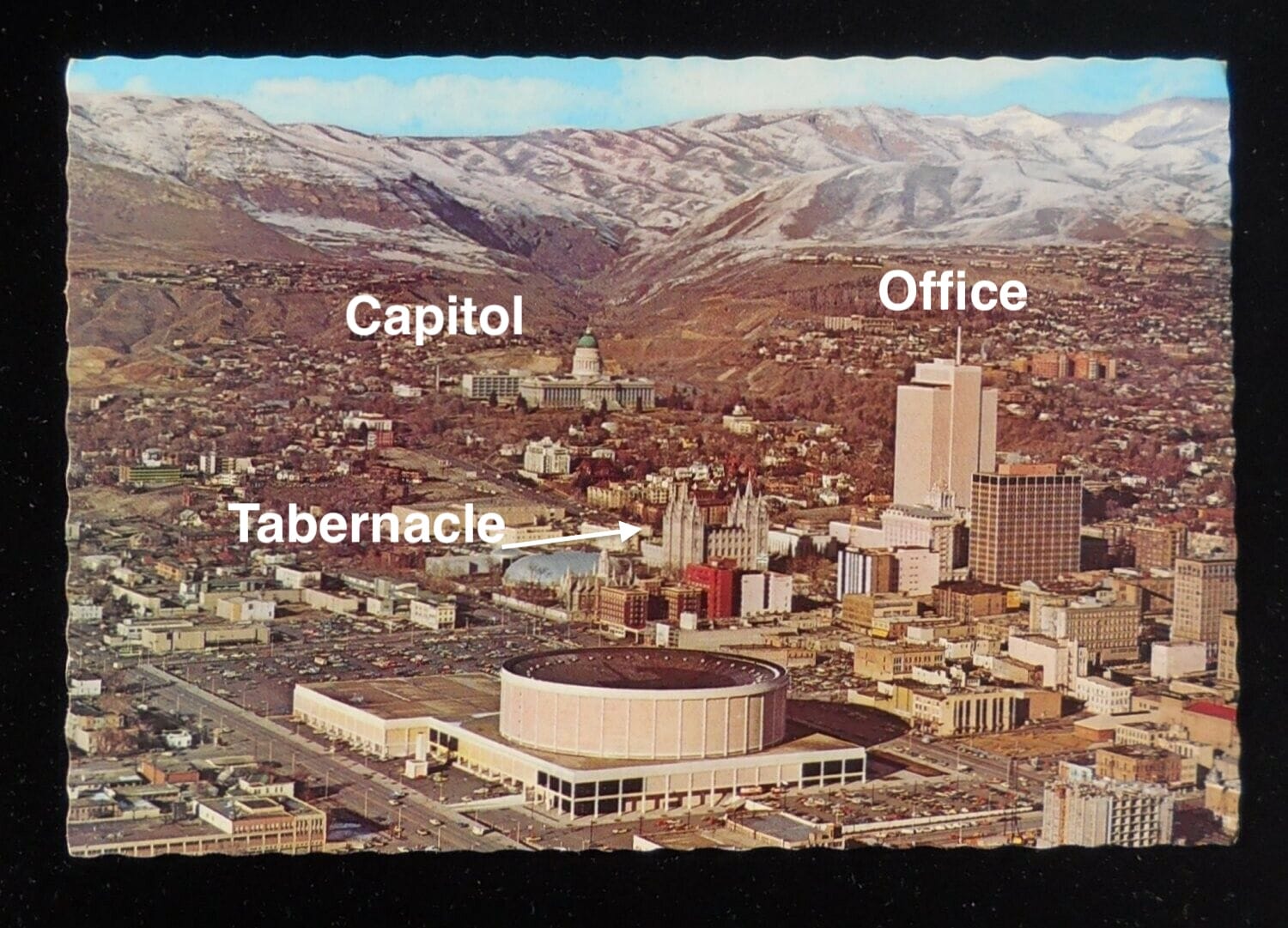
The Tabernacle, when it was completed in 1867, was the tallest building in Salt Lake, a city built by Mormon settlers fleeing violent persecution in Illinois. Then, in 1916, the State of Utah built its new capitol building nearby, and it became the biggest building in town, symbolizing the separation of Church and State in American life, and the growing dominance of government over religion. In 1972, the Mormon church built the LDS Office Building near both to house the business of the church. It was bigger still, becoming then the largest building in town. This was a brilliant snapshot of American culture over the previous hundred years as the power of religion gave way successively to the power of government and the power of business.
Since then, though, things have changed. Unleashed by Ronald Reagan from the regulations that held them in check, the financial sector of the economy grew in prominence during the go-go 80's. By 1998, Wells Fargo Bank had merged its way to national prominence and built the then tallest building in Salt Lake, the Wells Fargo Center, looming over all. And just last year, its place was usurped by the Astra Tower, a 375-unit "luxury apartment" development that now claims the title of “Utah’s tallest high-rise.”
The Mayor celebrated its "topping" (the placement of its final steel beam) while standing alongside six-hundred construction workers who had been working to build the tower (they signed the beam with pride). Upon its completion, she proclaimed it "a testament to Salt Lake County’s economic growth" and "representative of our bright future ahead."
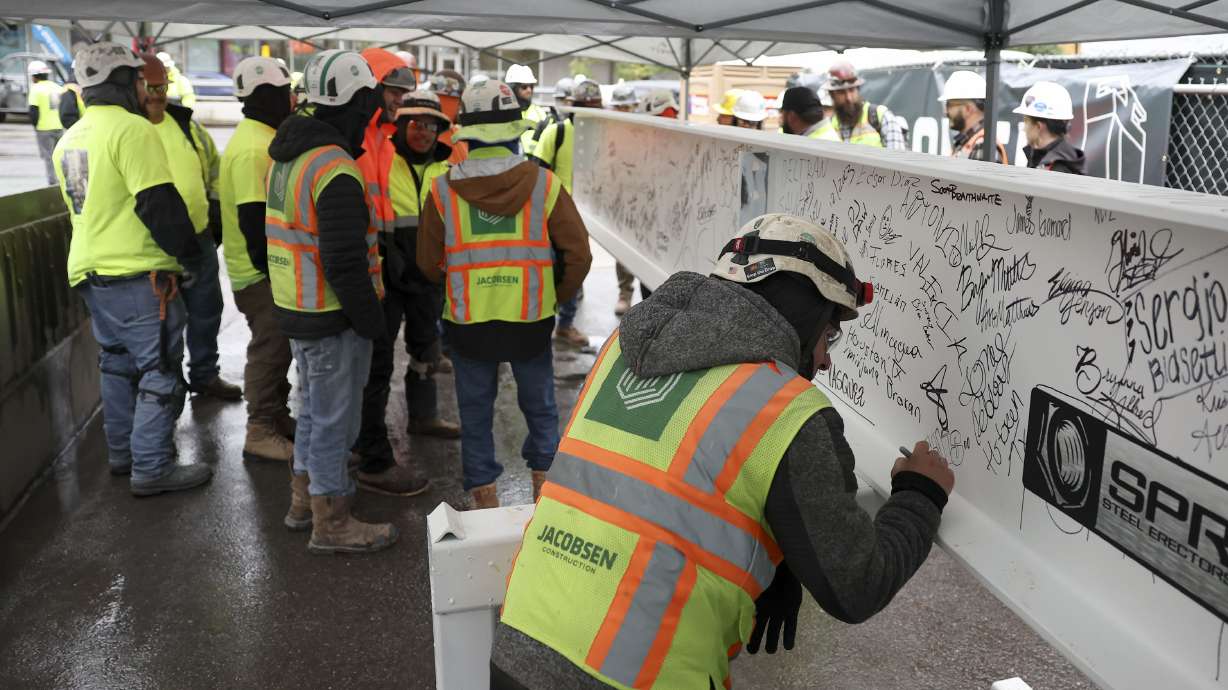
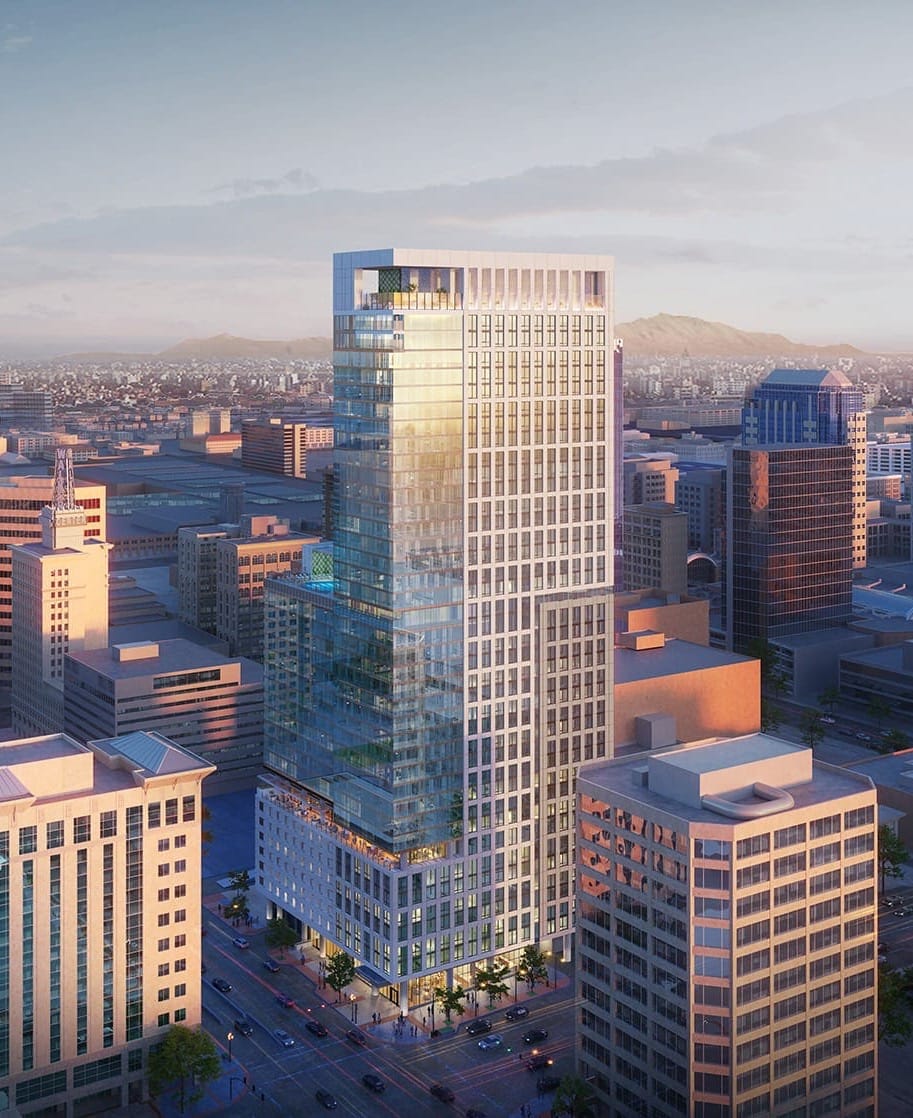
Religion to Government to Business to Money to Luxury. This narrative neatly tells the story of American values and aspirations over the last 150 years or so. But obscured to many along the way is the fact that, increasingly since 1980 or so, Americans have come to believe that the job of government is to serve business and the wealthy.
How many of those six-hundred construction workers will live in the luxury of the Astra Tower, I wonder? And how many of those six-hundred construction workers do you suppose voted for the billionaire versus how many of those in the high-rise voted for the public servant?
In case you are wondering, here are some numbers: The average salary for a construction worker in Utah today is $35,132 p/y. The average rent for a 2-bedroom apartment at Astra Tower is $54,000 p/y. To afford that, by standard calculation, you must make at least $180k p/y (which only about 6% of SL residents do).
Utah went 2-1 for Trump this year, but because this story is bigger than just Utah, here's how people voted nationally, by income:
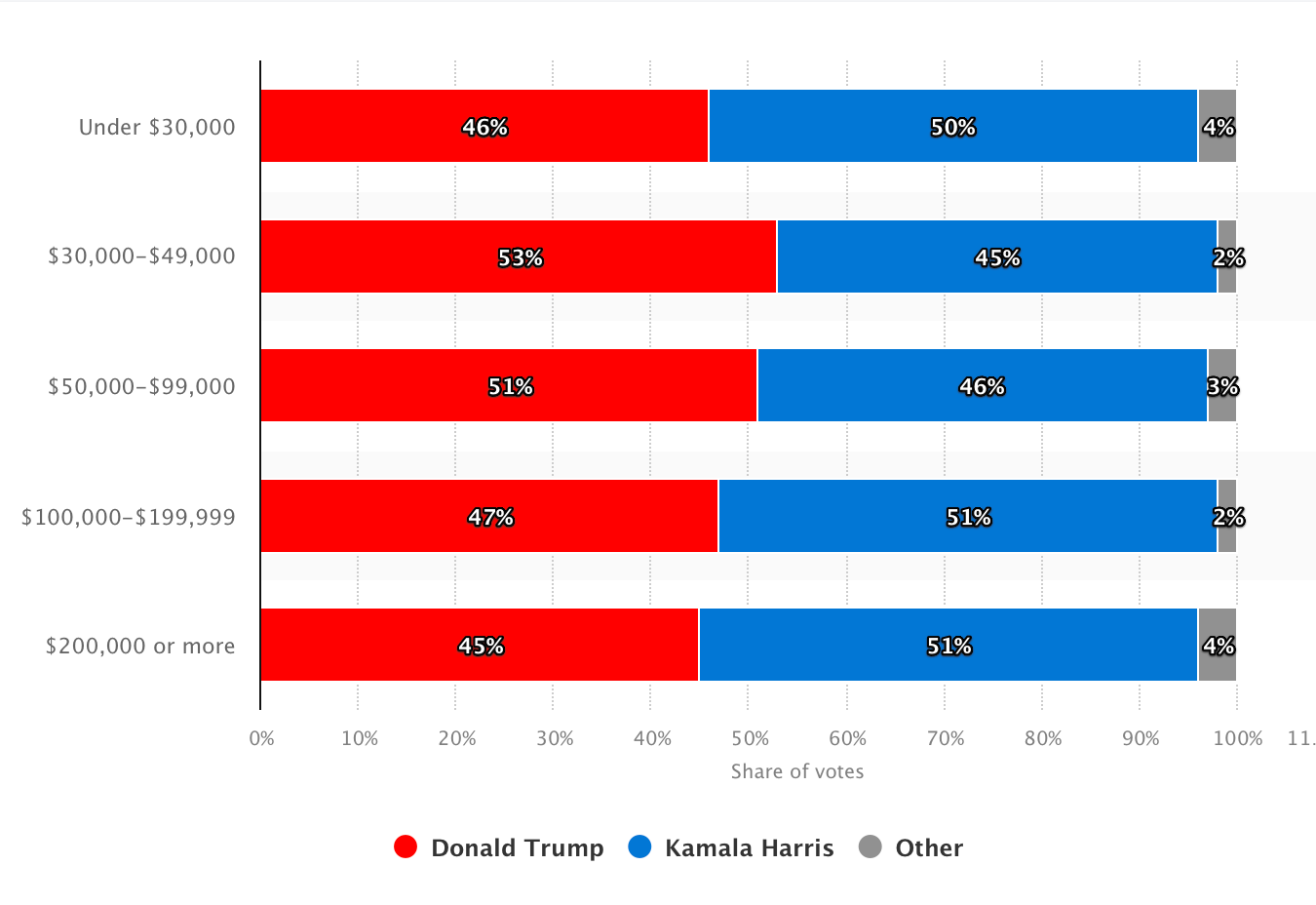
The story of the Salt Lake City skyline seems as salient today as it did forty-five years ago. And the point seems clear. The very people most aggrieved by the rise and dominance of global business and finance in American life since Ronald Reagan, and most shut out of a "life of luxury," are the people most likely to vote for those who create, sustain, and profit from it and also the people least likely benefit from their governance.
What tha...?
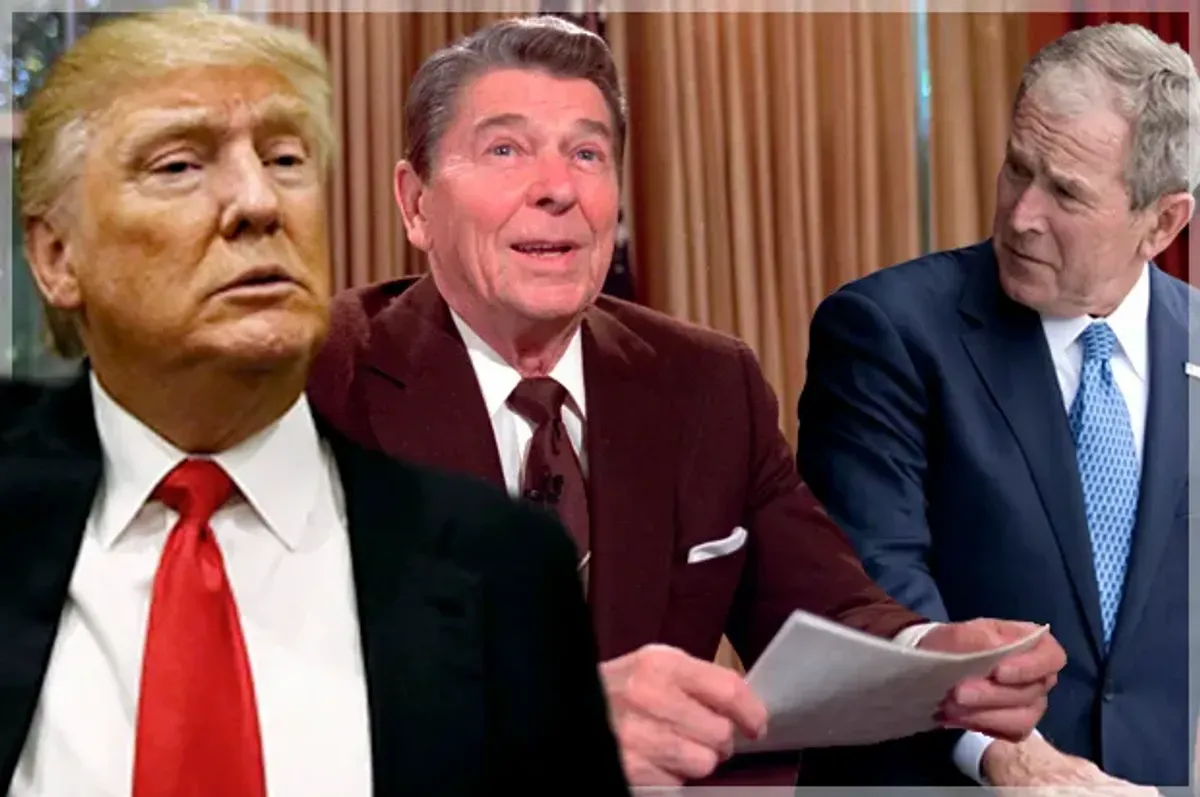
This transformation of U.S. culture began with Ronald Reagan, an actor promoted by California businessmen to the Governor's Mansion and then the White House, and continued through "No New Taxes" George Bush, "businessman" George W. Bush and now, for the second time, "billionaire" Donald Trump. The major legislative accomplishments of this bunch? Enormous tax cuts for corporations and the wealthy.
To a majority of people who voted for these and other pro-business candidates, a statement like this, from Utah Rep. Burgess Owens, part of the “Latter-day Saints for Trump” coalition (LDS members nationwide voted 2-to-1 for Trump, 3-to-1 in Utah), seems somehow to make perfect sense. “We want a leader who will fight for religious liberty, strong families, and an economy that works for all Americans, and no one has fought harder to deliver that than President Trump.”
Now, think about that statement for a moment. Owens is telling a broken narrative, a story in which one-plus-one-equals-three. Trump and all those business candidates who came before him have demonstrated zero interest in an economy that works for all Americans. They have in fact pursued policies that objectively increase wealth disparity, decrease the power of unions, and reduce costly health and safety protections. They have rather sold the idea that what's good for business is good for "Joe Six-Pack."
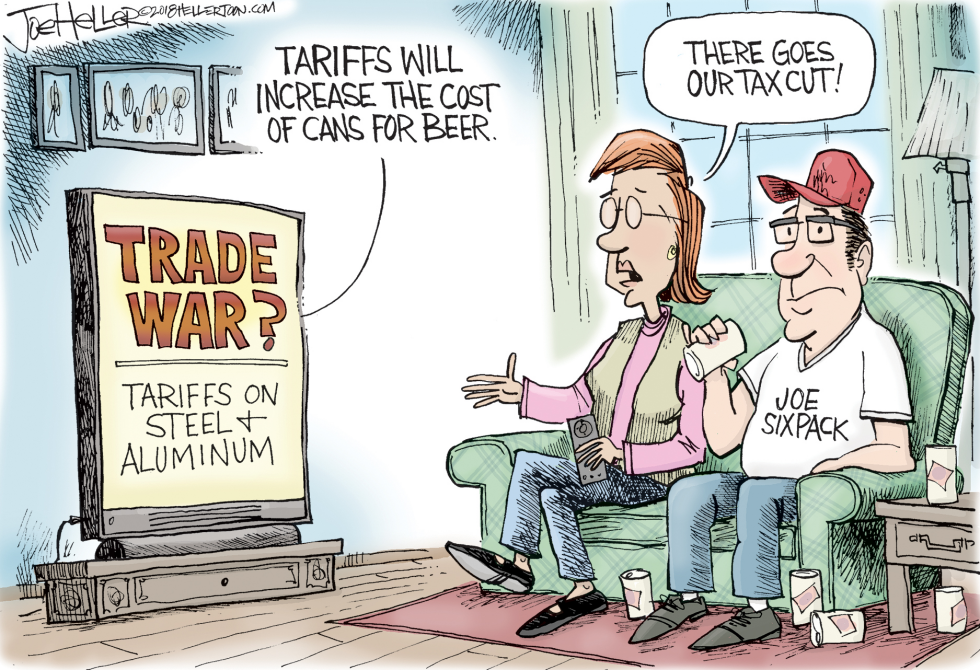
To be honest and fair, I don't think Democrat governments have been exempt from this service to business. Clinton's policies accelerated the pace of globalism and hastened the collapse of what was quickly becoming our nonprofitable manufacturing base in the 90's, for example. But I don't believe business was Clinton, Obama, and Biden's first priority, nor their reason, generally speaking, for aspiring to lead (for those keeping records, their major accomplishments were a balanced budget, more affordable health care, and the largest investment in national infrastructure ever, all over the strenuous resistance of the opposition).
But a consistent majority of the American people have come to believe that business and the wealthy can and will solve their societal and cultural challenges if "released" and empowered to do so, despite all evidence over time to the contrary, and they elect enough of those people each cycle so that all of government must bend the knee. The business of U.S. government is business.
And...?
It doesn't need to be that way. In Spain, by contrast, where we are living this year, the business of government seems to be people. For example, as the influx of tourists and expats (like us!) have driven up housing costs for working folk, the government here has fought back aggressively. The national government–Conservatives, who hate the Social Democrats–eliminated the Golden Visa program, and the Catalan regional government– Social Democrats, who hate the Conservatives–effectively canceled all AirBNB licenses and instituted strong rent control laws. Both parties are studying ways to mandate and facilitate the construction of more affordable housing.
I'm not selling Spain here, but it is perfectly clear that, metaphorically speaking, its government cares more about the families of the six-hundred construction workers than the lucky 375 people who can afford Astra high-rise luxury. And though politicians here can be just as crazy and combative as anywhere else, there seems to be a strong consensus about their purpose: they actively seek to serve the people that elected them.
Can the U.S. say the same?

The American narrative is broken. Americans, fighting to be free of the tyranny of good government, rush headlong into the arms of billionaires and health insurance companies and big box stores and global brands they believe will deliver them lower gasoline prices and cheaper health care while cursing their own exploitation at the hands of the billionaires and health insurance companies and big box stores and global brands that profit from their misery.
I am not a Bernie-Bro (though in retrospect perhaps I should have been). I do not want to Occupy Wall Street, or Burn It All Down. I am certainly not whatever MAGA is. I am, in fact, an unrepentant capitalist now (not bad for a kid who was homeless at sixteen). I am merely trying to understand at what point we Americans divorced our own best interests, and why we persist in believing that the road to happiness is paved with our own tears.

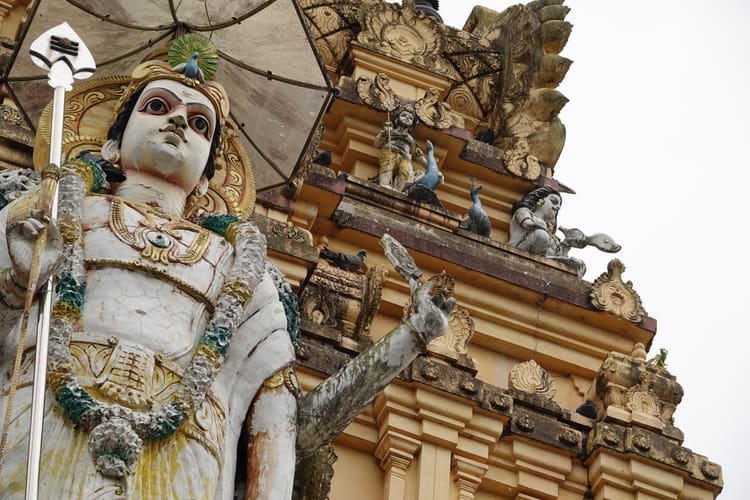




Member discussion